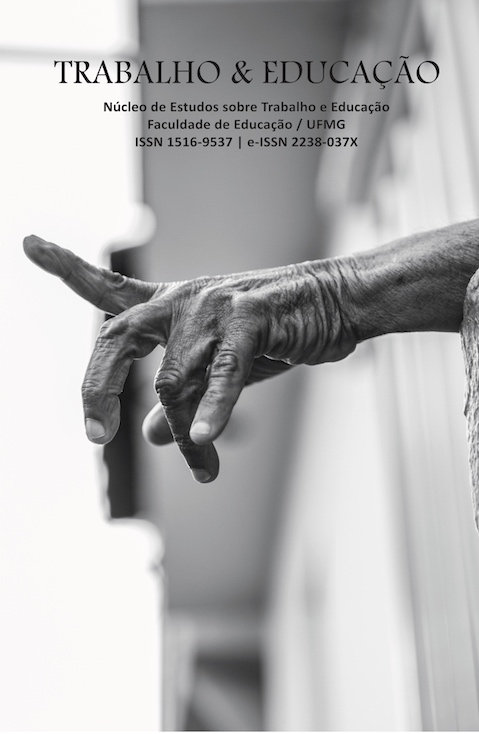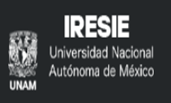MEMÓRIA E TRABALHO INFANTIL | Memory and child labor
Keywords:
Trabalho, Trabalho Infantil, Memória, Child labor, Memory, LaborAbstract
The objective of this article is to present an analysis on the relationship memory and child labor, trying to understand how subjective aspects work related to children and adolescents are translated into the culture and values inherited and experienced in the relations of production of the house of flour in the city of Vitoria da Conquista (State of Bahia, Brazil). From a qualitative approach, we try, through literature review and interviews with adult workers, outline paths to understand the situation. The theoretical framework is based on the concepts of individual and collective memory, proposed by Maurice Halbwachs, making the connection with the Michel Pollak and Edward P. Thompson’s proposals. We believe that the individual or collective memory necessary for an understanding of the changes processed in the social reality and its rescue contributes to the understanding of the dynamics of society, revealing aspects that can accelerate the process of overcoming the inferiority of conditions impregnated by capital. In general, we find, by memory, that respondents implicitly carry a set of ideological values built, which were structured in a particular historical context and that are widespread in society. This was memory which served to guide the actions of individuals by successive generations, can be revealed in the various traditions, experienced as self-educative collective experiences, determined by complex historical processes of capitalist formation.
___
O objetivo deste texto é apresentar uma análise da relação memória e trabalho infantil, buscando compreender como os aspectos subjetivos relacionados ao trabalho de crianças e adolescentes são traduzidos na cultura e nos valores herdados e vivenciados nas relações de produção das Casas de Farinha do município de Vitória da Conquista (Bahia). Com uma abordagem qualitativa, procuramos, por meio de pesquisa bibliográfica e entrevistas com trabalhadores adultos, delinear veredas para entender tal situação. A fundamentação teórica baseia-se nos conceitos de memória individual e coletiva propostos por Maurice Halbwachs, fazendo articulação com as proposições de Michel Pollak e Edward P. Thompson. Consideramos que a memória individual ou coletiva é necessária para a compreensão das transformações processadas na realidade social e que seu resgate contribui para a apreensão da dinâmica da sociedade, revelando aspectos que podem acelerar o processo de superação das condições de subalternidade impregnadas pelo capital. De modo geral, percebemos, pela memória, que os entrevistados carregam implicitamente um conjunto de valores ideológicos construídos, que foram estruturados em determinado contexto histórico e são difundidos na sociedade. Essa memória serviu para orientar as ações dos indivíduos por sucessivas gerações, podendo ser revelada nas diversas tradições, vivenciadas como experiências coletivas autoeducativas determinadas por processos históricos complexos da formação capitalista.













